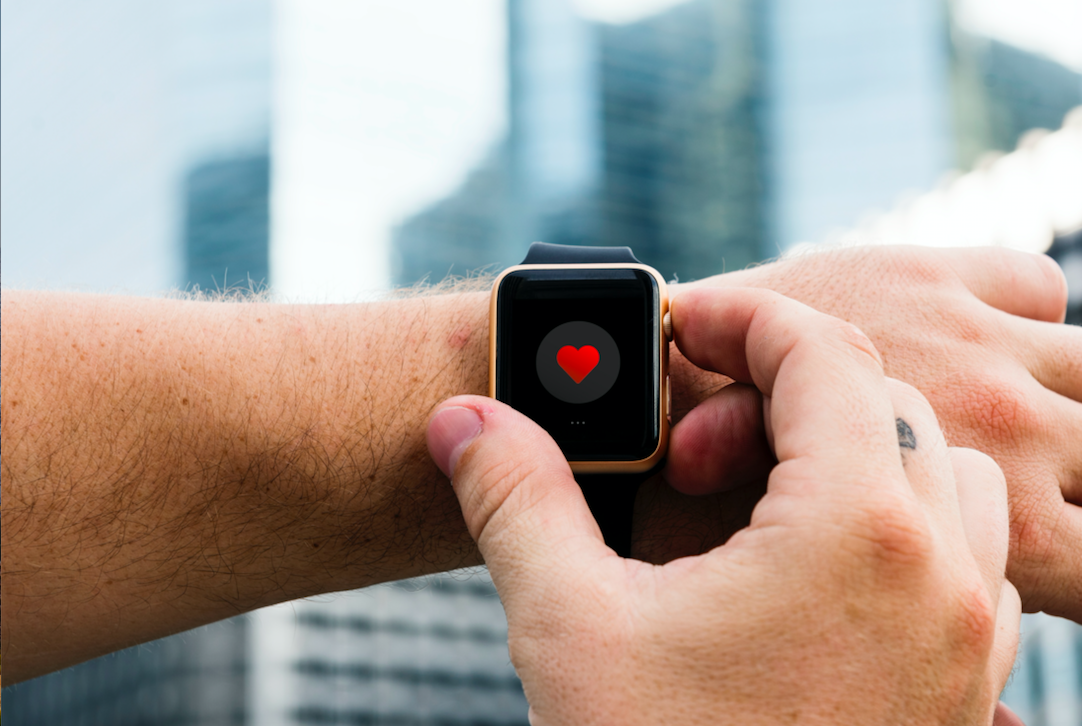Major Clinical Study Aims to Improve Patient Experience & Outcome of Joint Replacement Surgery
Can you use a smartphone app to improve patient experience and outcome of hip and knee replacement surgery?
Zimmer Biomet, one of the leaders in the $50 billion global orthopedic medical device industry, is placing a big bet on this idea! They have just announced a large clinical trial to test their mymobility™app working with the Apple Watch® to see if it can be a viable alternative to the current standard of care after hip and knee replacement surgery. They expect to enroll nearly 10,000 patients in this study over a period of two years.
This Trial Will Cover 3 Aspects of Patient Care:
1. Monitoring patients before and after the surgery;
2. Providing education and information to patients to help improve their pre- and post-surgery care;
3. And creating a channel of communication between doctors, caregivers and patients to optimize each patient’s experience and outcome.
If it can be proven that the app and Apple Watch combination results in better patient outcomes, this can be a game changer in hip and knee replacement surgeries.
More than 1 million hip and knee replacement surgeries are performed annually in the US, and this number is expected to grow to 3.5 million by 2035.
It is a big market, and growth is coming from the aging population with a strong desire to stay physically active. At the same time, it is a very competitive industry with other big names such as J&J, Stryker and Smith & Nephew. Product innovation is stagnant; therefore, everyone is trying to find another way to differentiate so they can sustain market leadership.
The new imperative for market success is patient experience and outcomes. “Does it really work?”, that’s the question payors are asking before they approve a device for reimbursement. If Zimmer can make clinical claims of improved patient outcome compared to the current standard of care, they can achieve an edge over their competition.
Additionally, they will have access to a large amount of patient data, their activity levels and questions during recovery that can help them develop more personalized products and/or patient care models in future.
The key to success is being able to generate data that shows clinically significant results. Typically, clinical studies for medical devices are designed to compare performance against another benchmark device. In this case, it is not only the device, but also the mymobility™app needs to be tested. How to compare against the current “standard of care”? How to show comparable, or better, performance? These questions will need to be considered during the study. There is not a whole lot of “prior experience” available to the clinical researchers in this area. New skills and expertise in clinical study design will be required.
No longer can we continue to do “business as usual” in the medical device industry. Product innovation is no longer sufficient for market success. We need to combine data and information with each product to provide the best possible outcome to every single patient. Nearly every single department inside the organization needs to change their thinking and acquire new skills.
We can expect more announcements like this in future.
According to a new report by Ernst & Young, future growth of medical device companies will be driven by the ability to connect, combine and share data quickly at scale to create solutions that deliver clinical and economic benefits and place their customers at the center.
Welcome to the brave new world of Medical Devices!


